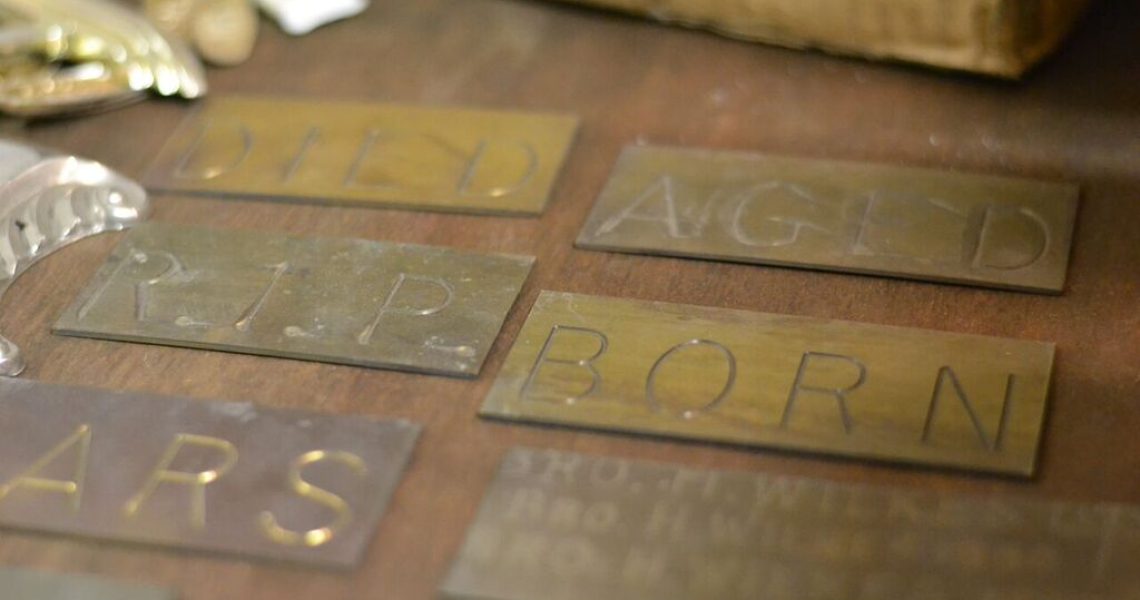A Think Piece on Dying Matters Awareness Week 2025
5th – 11th May is Dying Matters Awareness Week. There’s an awareness day or week for everything these days, right? Its aim is to bring communities together and bust the stigma that surrounds death, encouraging people to talk openly about their feelings around the topic, and acknowledge these, in safe spaces known as Death Cafes (it seems that a cuppa and a fairy cake make even death more palatable).
It’s often said that the Victorians were uptight about sex, but were very at ease with death, and today’s society is the opposite. Not strictly true. Listen to some episodes of “Betwixt The Sheets” podcast (“The History of Sex, Scandal and Society”). Or ask yourself how Queen Victoria managed to have nine children… But it’s true to say that death is something we shy from in contemporary society. If we learn someone has been bereaved, we mumble a semi-automatic “Sorry for your loss” and try and turn the conversation onto something less awkward, attempting to ignore the elephant in the room. True, we see death every night on TV, be it on the news, or in gory drama. But it’s removed. Plus, as Stalin said “One death is a tragedy, a million is a statistic” (Well, I guess he should know: he was responsible for the killing of a lot of people!). It’s highly likely someone can hit forty before attending a funeral. Perhaps the Victorians were better adept to face death because they were used to it, with life being cheap and infant mortality rates high.
I have been to two Death Cafes, and they were not what I expected. The first was within a hospice in East London, about seven years ago. I had been expecting people to be kind of planning what they wanted for their funerals. Not so. My main memory of this was of a girl in her twenties professing to be terrified by the idea of death. I’m not sure why: my personal anticipation is “lights out”. I won’t know anything about it! Wasn’t it Mark Twain (or someone similar) who said that they’d gone many years of not being alive before their birth, so not being so after their death would be no biggie?
But she was anxious, and so, her concerns were heard and acknowledged.
But it’s a daunting thing to have on your mind that you won’t be around anymore. Luckily, my employer had a link to a free will-making facility, so I took advantage of this a year or two ago. It was strangely exhilarating, deciding who might get what, how much, and deciding I wanted a crack-team of named mates to come and sort out my gaff and help themselves to whatever books/CDs/DVDs they fancy. I love creating plans, even if I’m not going to be a direct part of them!
A more proactive take on this would be “Death Cleaning”. (Read “The Gentle Art of Swedish Death Cleaning” – Margareta Magnusson). The idea is that you donate things to people before you “go”, and generally de-clutter. A slightly morbid, but none less, practical take on Mari Kondo. It would give my bereaved friends less work to do, but damnit, I’m selfish, and never know when I might fancy or need to return to a certain book or piece of music (I’m a twentieth century soul, who prefers to actually own these things, rather than be able to access them via the ether!).
The second, more recent, event was held at my local library. My main memory of that event was the stoicism and philosophical attitude that one of the staff, who indicated that they had a life-threatening condition, showed in regard to this. He appeared to be perfectly at peace with his fate, and was breath-taking in his bravery. I found this very moving.
If you are able to access a Death Café, I would recommend doing so: it will be an eye-opening experience, and hopefully one which you will find comforting and reassuring.
